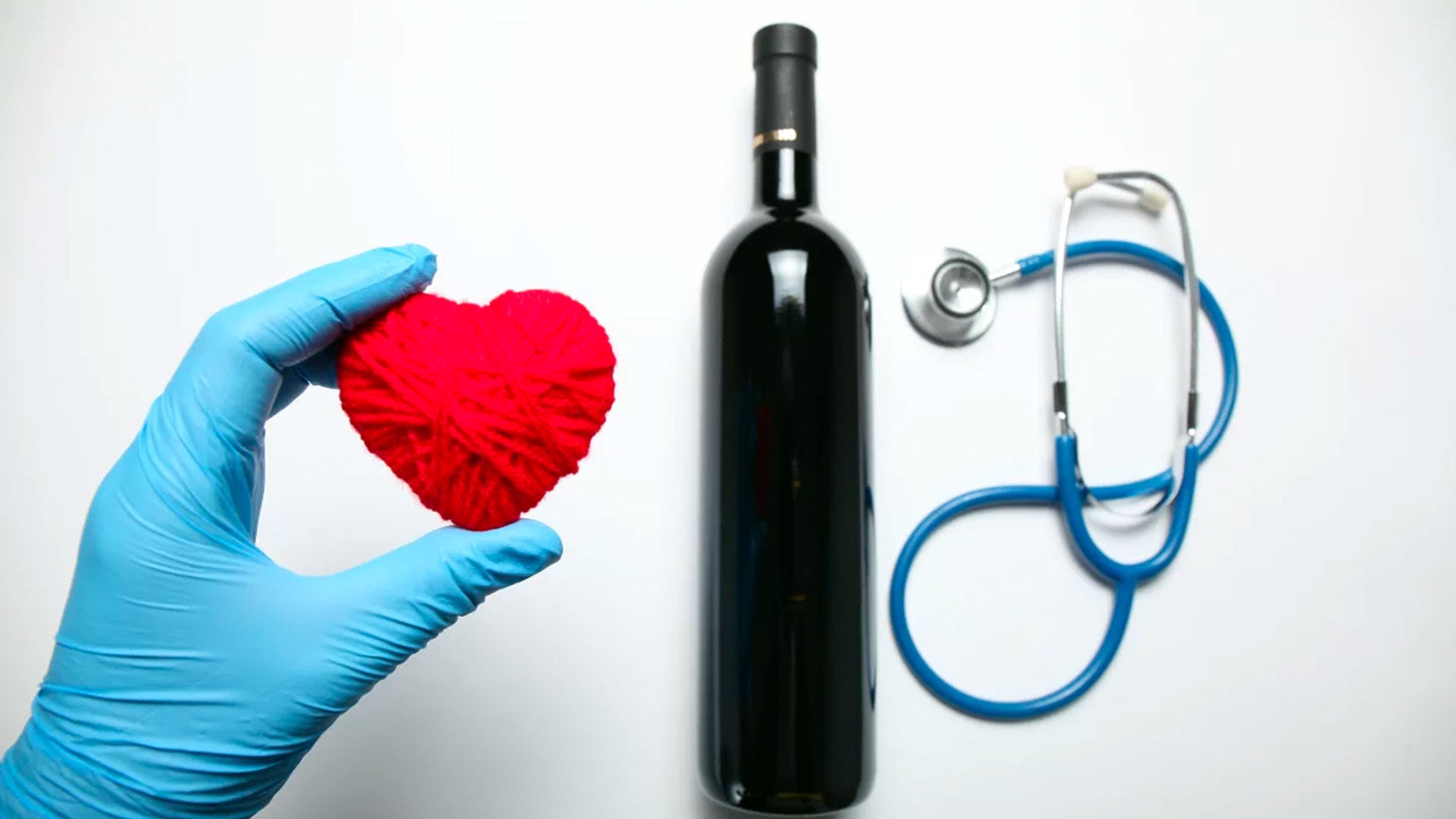Wine has been enjoyed by people for centuries, and its consumption is often associated with various health benefits.
However, amidst the many claims about its positive effects, there are also misconceptions that need to be addressed.
Let's take a closer look at some of the most common myths surrounding the relationship between wine and health.
1. Red wine is the only healthy option
Is it true that only red wine is good for your health?
Not exactly. Red wine does take the spotlight for its potential health benefits, but other types of wine can also have positive effects.
The key lies in the presence of antioxidants, such as resveratrol, which is found in red grape skins.
However, some studies suggest that white wine may also have health-promoting properties, albeit to a lesser extent.
Ultimately, moderation is key, regardless of the wine type.
Related Article: Exploring the Art of Wine Tasting
2. Wine can replace a healthy diet and exercise
Is it possible to skip regular workouts and indulge in wine instead for better health?
Unfortunately, no. As much as we'd love for this to be true, wine is not a magical substitute for a balanced diet and regular physical activity.
While moderate wine consumption may offer some benefits, it cannot counteract the negative effects of an unhealthy lifestyle.
To reap the rewards of both wine and good health, it's essential to maintain a well-rounded approach that includes proper nutrition and exercise.
3. More wine, more health benefits
If a glass of wine is good for you, does it then mean that drinking more will be better for you?
Well, not quite. The saying "everything in moderation" rings true here.
While moderate wine consumption has been linked to certain health advantages, excessive drinking can lead to severe health problems, including liver damage, addiction, and an increased risk of accidents.
To enjoy the potential benefits without jeopardizing your well-being, it's recommended to limit yourself to one glass (5 ounces) of wine per day for women and up to two glasses for men.
4. Wine can cure or prevent diseases
Some people have claimed that wine can help with prevention of diseases like cancer and heart problems – is this true?
Despite some promising studies indicating potential health benefits, wine is not a cure-all for serious illnesses.
While antioxidants in wine might play a role in disease prevention, they should not be considered a substitute for medical treatments or lifestyle changes recommended by healthcare professionals.
It's crucial to remember that scientific research is ongoing, and definitive conclusions about wine's curative abilities have not been established.
Related Article: What Is Dry Wine? Know Its Types and How It's Made
5. Non-alcoholic wine is equally beneficial for health
Is drinking non-alcoholic wine healthier than regular wine?
Non-alcoholic wine does contain some of the antioxidants present in regular wine.
While NA wine may offer certain health benefits, it's essential to remember that alcohol itself can also contribute to the positive effects observed in moderate wine consumption.
Removing the alcohol might lessen some potential advantages, such as improved heart health.
So, while non-alcoholic wine can be a suitable alternative for those who wish to avoid alcohol, it might not provide identical health benefits as its alcoholic counterpart.
6. All wines are equally healthy
So are all wines equally healthy, or are some better than others? Not all wines are created equal in terms of health benefits.
The production process, grape variety, and region can influence the wine's antioxidant content and overall health properties.
Generally, wines made from dark-skinned grapes, such as Cabernet Sauvignon or Pinot Noir, tend to have higher levels of beneficial antioxidants.
Additionally, wines produced using traditional methods, without excessive filtering or processing, may retain more health-promoting compounds.
While there are potential health benefits associated with moderate wine consumption, it's crucial to separate fact from fiction.
Drinking wine should never be seen as a substitute for a healthy lifestyle or medical treatment.
Moderation, as always, is key, and if you choose to drink wine, do so responsibly and in conjunction with a balanced diet and regular exercise.
As new research emerges, we will continue to gain a better understanding of the true relationship between wine and health.
Looking for your favorite Wines? Minuman.com provides the widest selection of Wine.
Order now and have your Wines delivered to your doorstep with fast delivery.














